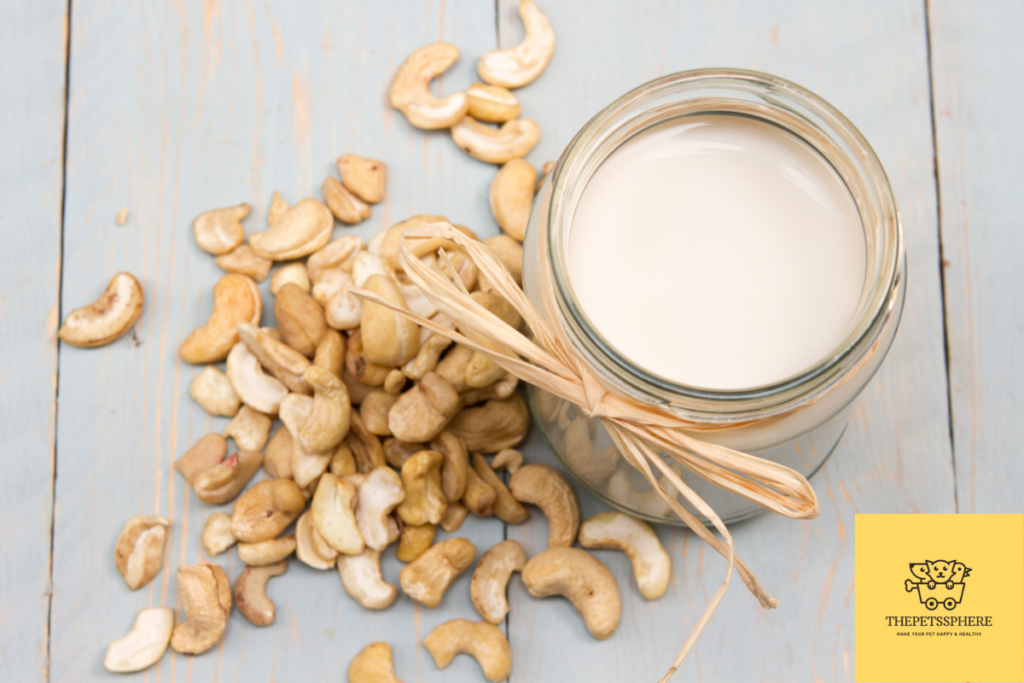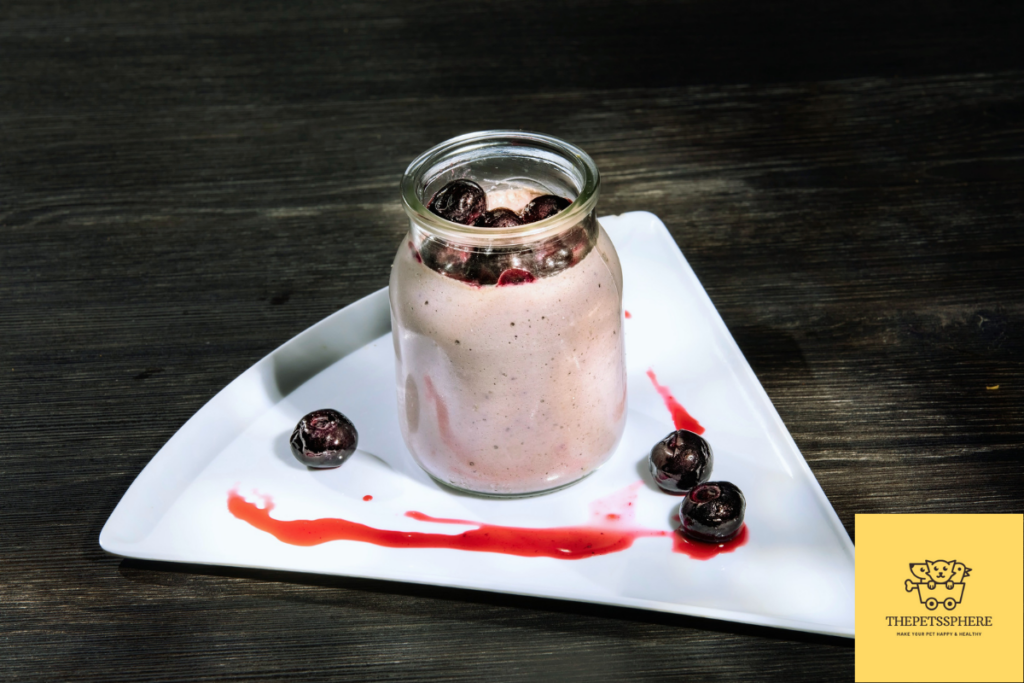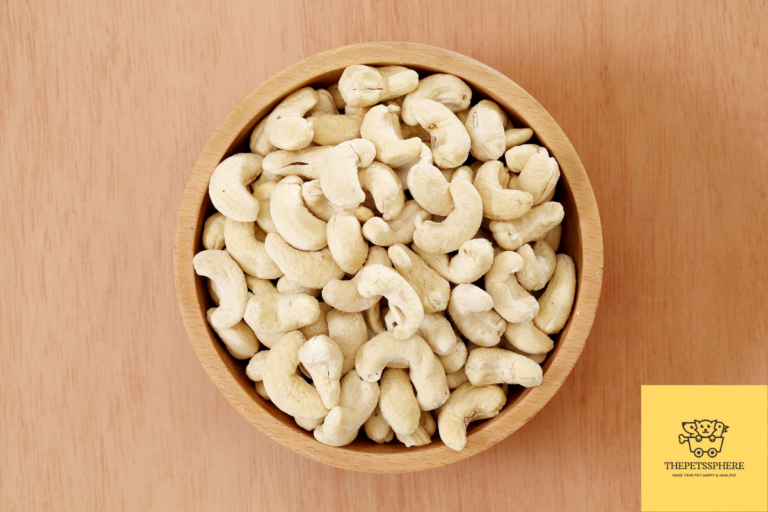Cats can eat cashews, but it can be dangerous for their health.
Cats can get sick from eating nuts because they lack the enzyme that is needed in order to digest them properly and break down all of the toxins found inside a nut.
With a little moderation, cashews can be fine for your cat. But it’s important to know that they have many risks associated with them if you feed them regularly. The most common illness from nut consumption is called pancreatitis, which can lead to death if left untreated.
In this article, we will talk about whether cats can eat cashews or not. We will also talk about what are the risks of feeding cashews to your kitty cat.
Risks of Feeding Cashews to your Cat
Cashews are healthy and delicious treats for us, humans but there are some risks associated with feeding them to your cat. Cashews can be toxic to cats if eaten in large quantities or if not properly processed.
Now we will explore the 5 risks of feeding cashews to your cat so you can make an informed decision about whether they’re right for your pet!
- Cashews contain high levels of fat that may cause pancreatitis which is a potentially life-threatening condition in cats.
- The skin on cashew nuts contains urushiol, which is the same substance that causes poison ivy rash.
- This urushiol can irritate the mouth and stomach lining when consumed by cats leading to vomiting and diarrhea.
- The high-fat content can lead to pancreatitis which is a life-threatening condition in cats.
- Cashews can also contain toxic levels of cyanide so they should only be given on an as-needed basis.
If you’re not sure if your cat can eat cashews or whether it would make them sick, the best thing to do is consult a veterinarian.

Is Cashew Milk Safe for Cats?
Yes, it is safe only if they drink in smaller amounts.
Your cat needs a lot of water to stay hydrated. But some humans are allergic to lactose, and that’s the main ingredient in milk. Luckily for our feline friends, cashew milk is not only lactose-free but also has a much lower fat content than cow’s milk.
Cashews have been shown to be rich in healthy fats like Omega 3 and 6 as well as antioxidants such as polyphenols which can help protect your cat from cancer and cardiovascular disease.
You would never want your kitty to drink water with too many chemicals or impurities so it is better for them if they drink filtered water instead of tap water. However, if you live near a body of fresh clean water then it will be a lot better than what can be found in the tap.
Why your Cat can Safely Drink Cashew Milk but Not Eat Cashew Nuts
The distinctive flavor of cashews is a turnoff for cats, it’s hard to know if they’ve ingested enough to cause harm, and they’re much more likely to choke on them.
Cashew milk has a milder taste than cats enjoy, and most importantly you can see if the cat is drinking it so you can stop giving it when they start experiencing any adverse reactions.
If your cat loves drinking almond or soy milk then there will be no need to switch their diet up just because you want them to have something different in their bowl! So keep things simple by sticking with what they love already!
Remember one thing that Cashew milk is very high in fats for your kitty. So it is better to offer them in a very small amount.

Can Cats Have Cashew Yogurt?
Cats are obligate carnivores, which means that they need meat to survive. However, because of the lactose intolerance in cats, cow’s milk is not a good option for them.
Cats have very sensitive digestive systems. They also lack the enzymes necessary to digest lactose, so cow’s milk is a no-go for them. Cashew yogurt can offer your cat a high-quality protein source and good bacteria that helps with the digestion of food.
Now we will talk about some reasons why cashew yogurt may be better than cow’s milk for cats!
1) Cats need more protein in their diet than other animals do because they are obligate carnivores. Cow’s milk has less proteins compared to cashews which contain amino acids that help with muscle growth and repair as well as being rich in taurine, an essential nutrient for cats.
2) The fermentation process gives some probiotics to the cashew yogurt, and probiotics can help your cat’s digestive system.
Can Cats Have Cashew Cheese?
Cats are lactose intolerant, meaning they cannot digest milk or dairy products. They can’t eat cashew cheese because it contains dairy, but can drink cashew milk! The 3 reasons why cats can drink cashew milk but not eat cashew cheese are as follows:
1) Cats lack the enzyme that breaks down lactose in their bodies, so drinking a glass of unsweetened cashew milk is easier to digest than eating a slice of cheesecake.
2) The calcium content in unprocessed cow’s milk is too high for the cat’s kidneys to handle; even if you could give your kitty some grated cheddar, chances are he/she still won’t be able to process it.
3) If your cat does have some sort of cheese, it can get stuck in his or her throat. There is a rare condition called “cheese-injection” where the cat’s stomach can’t break down the dairy and it can cause an obstruction that makes him choke to death!
Are Cashews OK For Kittens?
Have you ever seen a small kitten eat cashews? If not, don’t be fooled! A lot of people think that since the nuts are soft and the cat’s teeth are sharp, it is okay to give them to your kitty. However, there are three reasons why this is actually not true.
First of all, cashews are high in fat and calories- too much for a small kitten who needs plenty of protein and low-calorie foods in order to grow properly.
Second, of course, cashews contain anacardic acid which can damage your little one’s kidneys if enough gets into their system.
The third reason is that the cashew shell is not easily digestible, which means it could get stuck inside your pet’s body or cause an intestinal blockage.
The fourth reason is that they contain tyramine, a chemical found naturally in many foods, but when ingested by cats it can lead to hypertension (high blood pressure).
Lastly and most importantly though- they have been proven by studies to cause feline hyperthyroidism (a condition where the thyroid gland in cats overproduce hormones).
So remember when you see those small kittens eating some cashew nuts: stop them before it becomes a problem.
Conclusion
If you want to make your cat a little happier, feel free to give them some cashews in small doses. But don’t go overboard or they might end up with indigestion and obesity! Here are the three things that could happen if you feed too many cashews to your furry friend:
1) They can get fat.
2) They may develop stomach issues.
3) Cashew pieces can potentially choke your pup. So be careful when giving those tasty treats to cats!
As with any new foods, introduce them slowly to see how the body reacts before making them a regular part of their diet. And always follow up by ensuring that you provide plenty of water for hydration!
Can you feed cats…
- Do cats eat raw chicken
- Does cats eat bread
- Is it ok if cats eat popcorn
- Is it ok for cats to drink evaporated milk
- Will eating mice hurt my cat
- Can cats eat cooked lobster
- Can cats eat McNuggets
- Does cats eat bologna
- Can cats have cheerios as a treat
- Are pine nuts safe for cats
- Is imitation crab safe for cats
- Can cats have chocolate milkshakes
- Do cats eat zucchini
- Can cats eat teriyaki beef jerky
- Do cats like figs
- Can cats eat orange peels
- Does cats eat pancakes
- What frogs are poisonous to cats
- What happens if cats eat pizza
- Will cats eat parsley
- Can cats eat white pudding
- Can cats eat radish greens
- Can cats eat baked beans
- Is it ok to give cats treats

